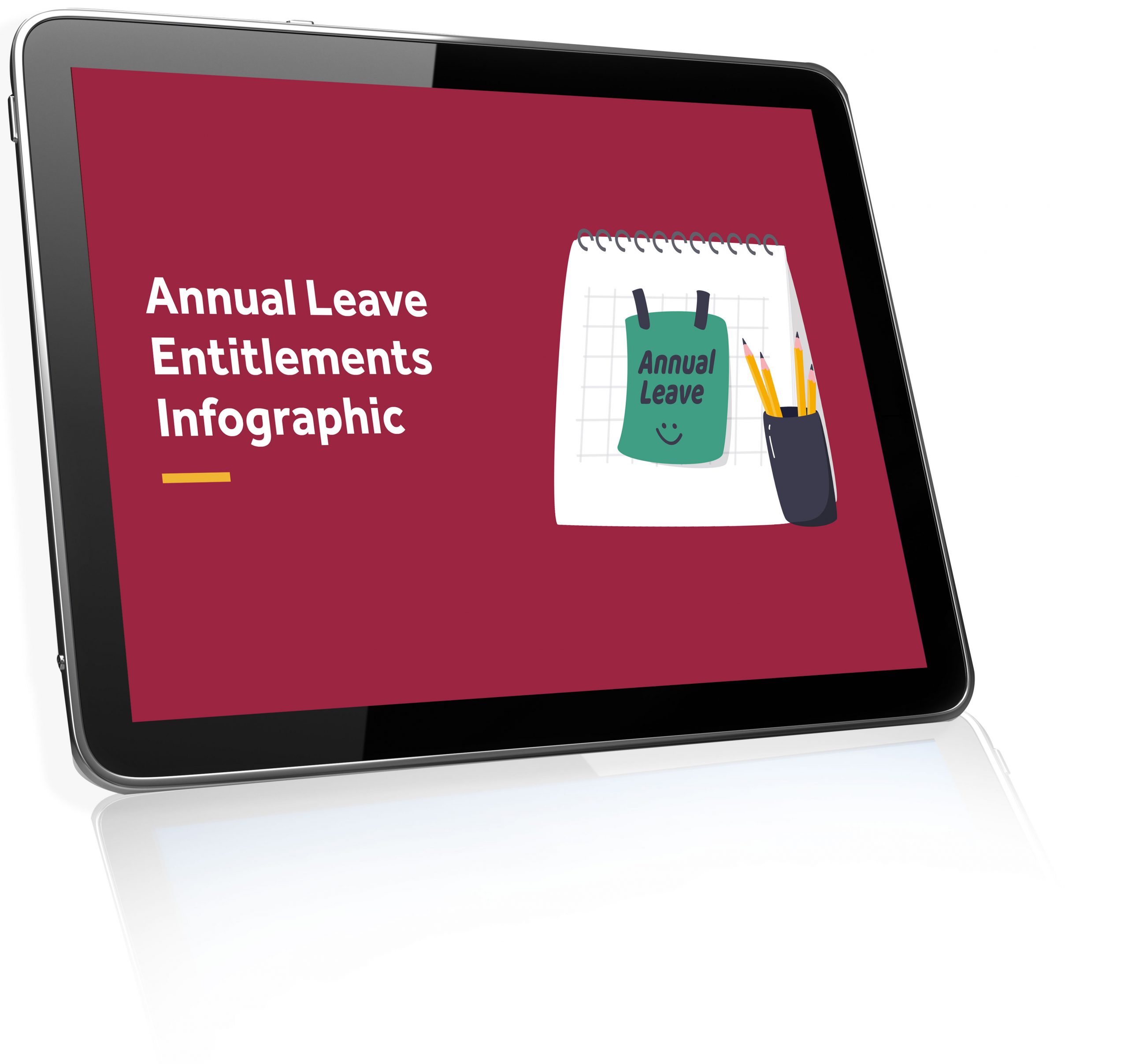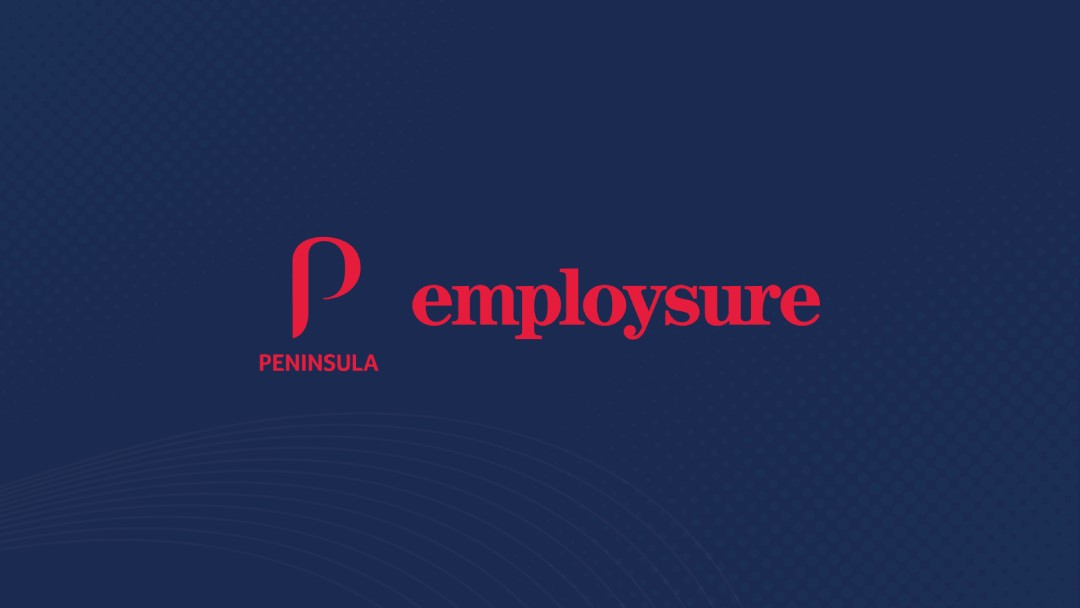
Changes to paid family and domestic violence leave entitlements for employees at small businesses come into effect on the 1st of August, giving employers just a few days to prepare.
Here’s everything you need to know about the changes and what your business needs to do in response.
What are the entitlement changes?
From the 1st of August, employees of small businesses will be entitled to up to ten days of paid family and domestic violence leave over a twelve-month period.
The leave will be paid at the employee’s full rate of pay, calculated based on the hours they would have worked under normal circumstances.
This new legislation builds on the prior entitlement to five days of unpaid leave, as laid out in the National Employment Standards.
Which employees are covered?
All employees working at small businesses will be covered, including full-time, part-time and casual staff.
Small businesses are defined as companies with a headcount of fewer than 15 employees.
Employees at larger businesses have also received the same level of entitlement since the 1st of February 2023.

How well do you know your annual leave obligations?
Understanding leave obligations can be a challenge for employers. This FREE Annual Leave Infographic outlines entitlements for full-time and part-time staff, giving you all the essential information that your business needs.
What constitutes family and domestic violence?
Employees must experience family and domestic violence to be eligible to take paid family and domestic violence leave.
Family and domestic violence means violent, threatening or other abusive behaviour committed by individuals known to an employee. This behaviour must both:
Aim to coerce or control the employee.
Cause the employee harm or fear.
The individual responsible could be:
An employee’s close relative.
A member of an employee’s household.
A current or former intimate partner of an employee.
When can family and domestic violence leave be used?
Employees can use their new leave entitlement if they need to do something to deal with the impact of family and domestic violence and it’s not practical for them to do so outside of their work hours.
For example, the employee might need to:
Make arrangements for their safety, or the safety of a close relative.
Attend a court hearing.
Access police services.
Attend counselling sessions.
Meet with medical, financial or legal professionals.
When is the new leave entitlement renewed?
Staff who are already employed when the paid leave entitlement starts on the 1st of August can immediately access the full 10 days. Their leave entitlement will renew each year on the 1st of August.
For new employees starting after the 1st of August, their entitlement starts on the first day of employment and renews on the anniversary of that date each year.
What should employers do?
Update your documents: The new leave entitlement replaces the previous entitlement of 5 unpaid days of leave. If any of your employer contracts, employee handbooks or documents specify leave entitlements for family and domestic violence, you should amend them accordingly.
Request evidence: If an employee asks to take paid leave for this reason, you are legally entitled to request evidence. However, any evidence the employee shares is only intended to prove to you that they are dealing with family and domestic violence.
You cannot share this evidence or any information it holds with anybody else, unless:
The employee consents.
The employer is bound to by law.
It is necessary to protect the life, health or safety of the employee or another person.
Follow payslip rules: To ensure an employee’s safety and privacy, there are specific rules for how employers should record paid family and domestic violence leave in employee payslips.
The leave payment should not explicitly be referred to as ‘family and domestic violence leave’ on the payslip. Instead, categorise the pay as ordinary hours worked, or as a commission, bonus or overtime payment.
How can Employsure help?
If you’re an Australian business owner struggling to understand leave entitlements for your employees, Employsure has the experience and expertise to help you navigate the situation. Call our FREE Advice Line today on 1300 651 415.


